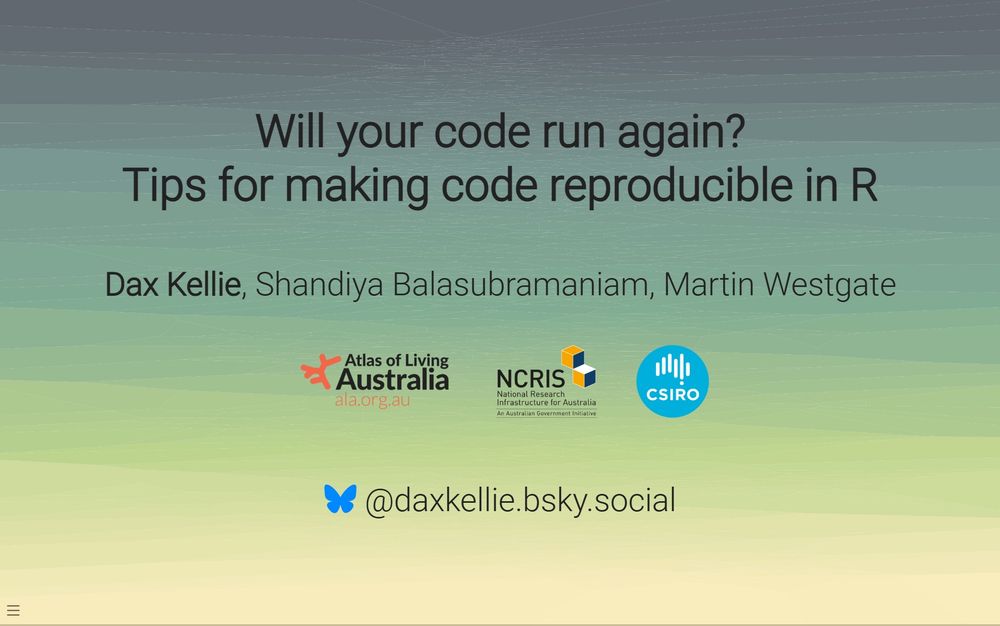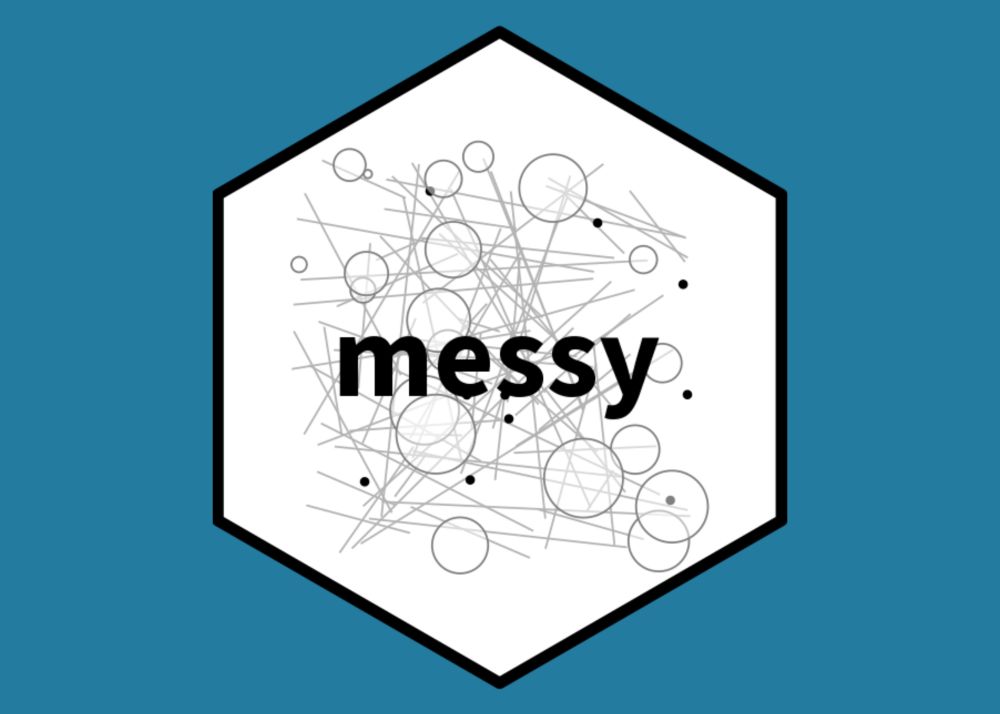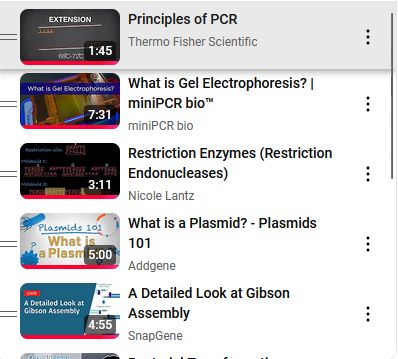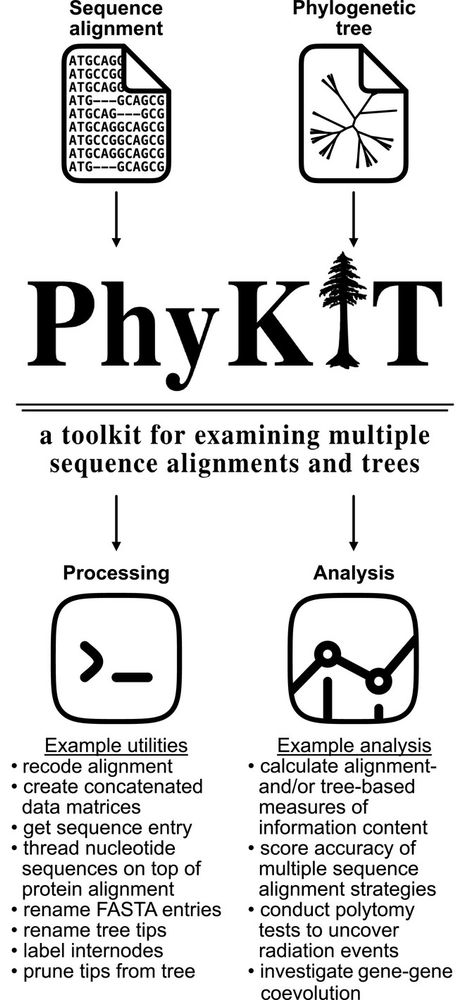#mSphereofInfluence @asm.org #scRNA-seq #microsky

#mSphereofInfluence @asm.org #scRNA-seq #microsky
daxkellie.quarto.pub/will-your-co...
All the links to packages and resources I mentioned are there, so hopefully this can be a nice reference, too!
#ESAus2024 #rstats #quartopub 🧪🌏

daxkellie.quarto.pub/will-your-co...
All the links to packages and resources I mentioned are there, so hopefully this can be a nice reference, too!
#ESAus2024 #rstats #quartopub 🧪🌏
Read the introductory blog post here: nrennie.rbind.io/blog/introdu...
#RStats #StatsEd #DataScience

Read the introductory blog post here: nrennie.rbind.io/blog/introdu...
#RStats #StatsEd #DataScience
www.youtube.com/playlist?lis...
I usually have my interns watch these videos to get introduced to the basic concepts before I go show them how to in the lab.

Here, we show how #PhyKIT — a broadly applicable toolkit for #phylogenomics — can be used to construct phylogenomic data matrices (& quantify biases therein), detect anomalies in predicted orthology, calculate gene-gene coevolution, & more!
🔗: tinyurl.com/yc5ja4xz

Here, we show how #PhyKIT — a broadly applicable toolkit for #phylogenomics — can be used to construct phylogenomic data matrices (& quantify biases therein), detect anomalies in predicted orthology, calculate gene-gene coevolution, & more!
🔗: tinyurl.com/yc5ja4xz
Starter packs for genomics, bioinformatics, #Rstats, Nextflow. Moderation lists. Feeds. Let's rebuild the old scitwitter community and keep this place nice
blog.stephenturner.us/p/bluesky-fo... 🧬🖥️🧪

Starter packs for genomics, bioinformatics, #Rstats, Nextflow. Moderation lists. Feeds. Let's rebuild the old scitwitter community and keep this place nice
blog.stephenturner.us/p/bluesky-fo... 🧬🖥️🧪

